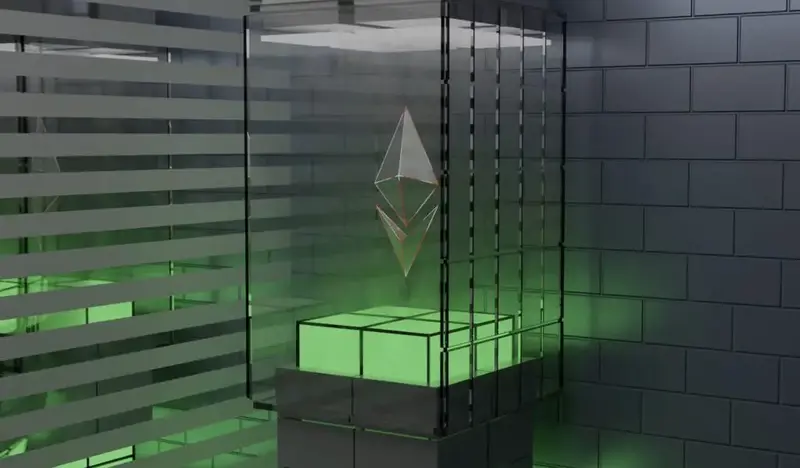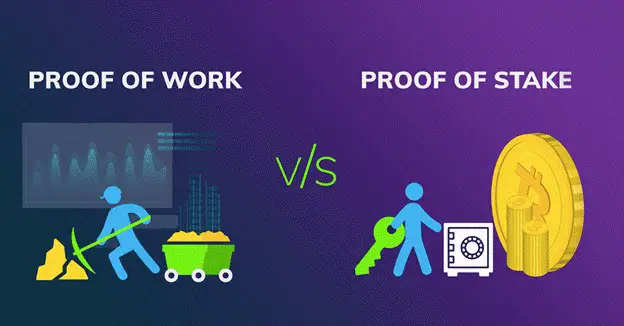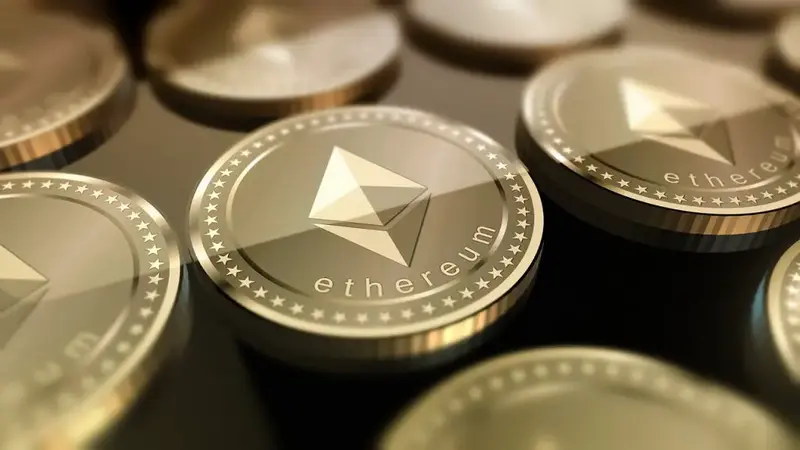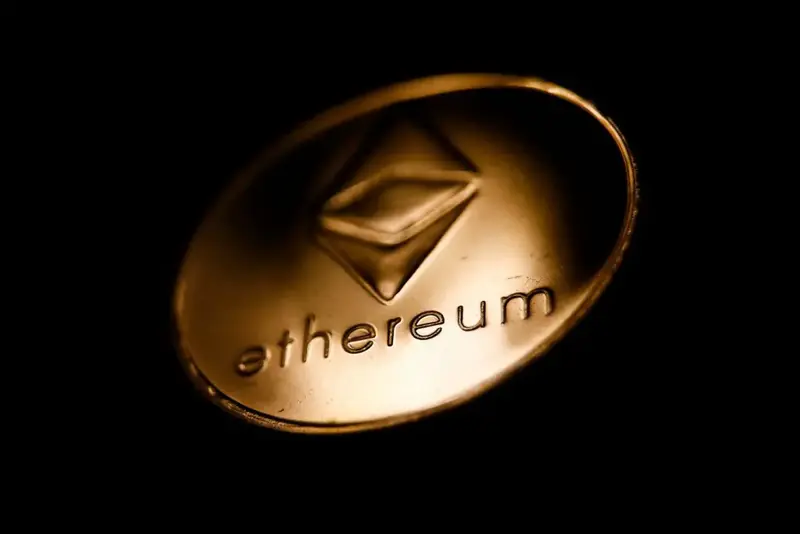Can You Still Mine Ethereum?
The Ultimate Guide to Mining Ethereum in 2021: Can You Still Do It?
Cryptocurrency mining has been a popular and lucrative venture for many individuals over the years, and Ethereum (ETH) has been one of the most popular cryptocurrencies to mine.
However, with the recent transition to proof of stake, many people wonder if mining Ethereum is still viable.
In this ultimate guide, we will explore the ins and outs of Ethereum mining, what the transition to proof of stake means for miners, and how to get started with mining Ethereum.

Introduction to Ethereum Mining
Ethereum mining is the process of verifying transactions on the Ethereum network and adding them to the blockchain. Miners are rewarded with a certain amount of Ethereum for each block they add to the blockchain.
In the early days of Ethereum, mining was done using graphics cards, and it was relatively easy for anyone with a computer to mine Ethereum and earn a profit.
What Made Mining Ethereum So Popular?
One of the main reasons why mining Ethereum became so popular was its profitability. Miners could earn significant money by using their computing power to add blocks to the Ethereum blockchain.
Additionally, Ethereum’s use of smart contracts made it an attractive option for many people who were interested in blockchain technology.
The Transition to Proof of Stake

In December 2020, Ethereum began transitioning from proof of work to proof of stake. Proof of stake is a different consensus mechanism that requires validators to hold a certain amount of ETH to participate in the network.
The transition to proof of stake will make it more difficult for miners to earn rewards, as they will no longer receive block rewards for adding blocks to the blockchain.
What Does This Mean for Ethereum Miners?
The transition to proof of stake means that miners can no longer earn rewards by adding blocks to the blockchain.
Instead, they must become validators and hold a certain amount of ETH to participate in the network. This means that mining Ethereum will no longer be profitable for most people.
How Do I Start Mining Ethereum?
If you are still interested in mining ETH, there are a few things you will need to do to get started.
First, you will need to understand the Ethereum blockchain and consensus mechanism. You will also need to have a certain amount of computing power to be able to mine Ethereum.
You will also need a private key to access your Ethereum rewards.
Understanding the Blockchain and Consensus Mechanism
The ETH blockchain is a decentralized ledger that is used to record transactions on the Ethereum network. The consensus mechanism used by ETH is changing from proof of work to proof of stake.
Proof of work requires miners to use their computing power to solve complex mathematical problems to add blocks to the blockchain.
On the other hand, proof of stake requires validators to hold a certain amount of ETH to participate in the network.
Block Rewards and Ethereum 2.0

Block rewards are miners’ rewards for adding blocks to the blockchain. With the transition to proof of stake, block rewards will no longer be given to miners. Instead, validators will be rewarded with transaction fees.
Ethereum 2.0 is the new version of ETH that is being developed to support proof of stake. It is expected to launch in 2021 and will significantly change the network.
The Energy-Intensive Nature of Mining
Mining is an energy-intensive process that requires a lot of electricity. In fact, Ethereum mining consumes more energy than the entire country of Iceland. This has led to concerns about the environmental impact of Ethereum mining and has prompted many people to switch to more energy-efficient forms of cryptocurrency mining.
Maximizing Profits: Reducing Electrical Costs and Transaction Fees
If you are still interested in mining Ethereum, there are a few things you can do to maximize your profits. One way to do this is by reducing your electrical costs. This can be done by using energy-efficient hardware and finding a cheap electricity source.
Additionally, you can reduce your transaction fees by using a mining pool.
The Future of ETH Mining: The Merge
The merge is the process by which they will transition from proof of work to proof of stake. It is expected to happen in 2023 and will significantly change the ETH network. The merge will make it more difficult for miners to earn rewards, as they will no longer receive block rewards for adding blocks to the blockchain.
Long-Term Potential

While mining may no longer be profitable for most people, there is still long-term potential in investing in mining. As the network grows and evolves, there may be new opportunities for miners to earn rewards. Additionally, investing in mining can be a good way to support the ETH network and contribute to its development.
Conclusion
In conclusion, mining Ethereum is no longer profitable for most people. The transition to proof of stake means that miners will no longer receive block rewards for adding blocks to the blockchain.
However, there is still long-term potential for investing in mining.
As the network grows and evolves, there may be new opportunities for miners to earn rewards. Additionally, investing in mining can be a good way to support the Ethereum network and contribute to its development.
If you are interested in getting started with mining Ethereum, be sure to do your research and understand the risks involved. While it may no longer be a profitable venture, there are still opportunities to contribute to the ETH network and support its growth.
Comments
Post a Comment